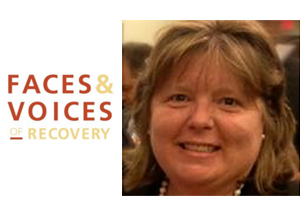Integrating Grassroots Peer Recovery Coaching into the Health and Human Services System
Session Summary:
With increased focus on helping people manage their own health —there are many new opportunities for peer recovery coaches to help individuals and families participate and receive the services and supports they need to achieve and sustain long-term recovery.
Today in the U.S., peer recovery support services are available in a variety of places, such as addiction treatment agencies; jails and prisons; hospitals, community health, and primary care centers; and social service agencies.
These organizations, agencies, and institutions frequently lack a strong recovery orientation — many haven’t been exposed to a recovery-informed system of care.
Faces & Voices of Recovery offers a set of conditions as essential for effective peer recovery support services, regardless of where they are delivered and/or where peer workers are deployed.
In this session we will explore:
![]()
Peer work is securely anchored in the recovery community – through recovery community organizations (RCOs) and peer-run programs in non-recovery organizations
![]()
Peer work is distinct and separate from professionally-delivered clinical treatment. Peer workers are not counselors. Peer work can successfully support clinical work only when clear boundaries are established and maintained between the two
![]()
Peer work is founded on a solid foundation of trust, mutuality, relationship-building, and, as much as possible, a flattened hierarchy of position and power
Peer-based recovery coaching offers a tangible, documented benefit to the larger service delivery system

